
Researchers thought the tech-driven experiment could get Medicaid patients to the doctor. Why didn’t it work?

Researchers thought the tech-driven experiment could get Medicaid patients to the doctor. Why didn’t it work?

Kaiser Permanente researchers analyzed data from more than 4 million people for the population health study.

The Direct Decision Support Model was designed to provide medical information to approximately 700,000 Medicare beneficiaries.

A new literature review published in the Journal of Medical Internet Research suggests that it has.

It's unknown how the current administration's Department of Justice will treat the proposed deal.

Why Seattle Children’s Hospital researchers say electronic medical records can help doctors provide better care to at-risk children.
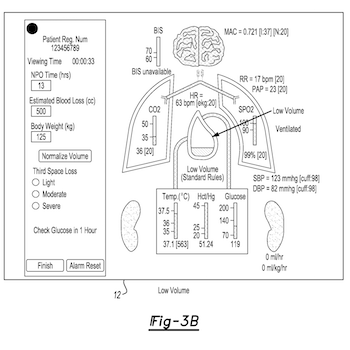
A new study and 2 accompanying commentaries illustrate both the promises and the pitfalls of decision support.

The robot uses sensors and a motor to control tissue growth in infants.
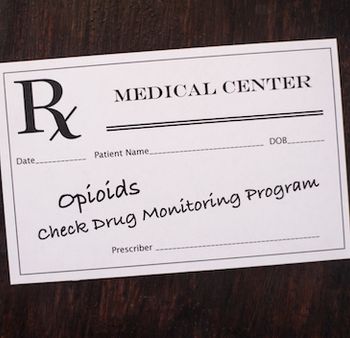
"CMS is lacking information that it could use to assess how opioid prescribing patterns are changing over time."
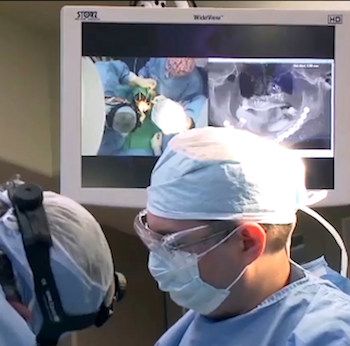
In a health tech environment increasingly populated with startups, 2 experienced firms are teaming up to distribute cutting-edge surgical technology.

“In reality, many of them are not really providing five-star services."

Experts and insiders sound off on the projects, people, and patterns poised to pop off in 2018.

The pairing comes on the heels of a $30 million fundraising round for the population health analytics firm.
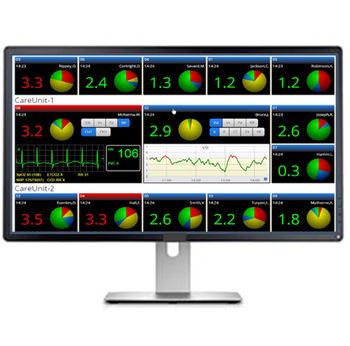
Excel Medical calls the combined approval of a predictive algorithm and delivery platform "the first of its kind."

Why the cutting-edge analytics firm is joining forces with Baptist Health South Florida's year-old cancer center.

Before there can be patient centricity, there must be a high standard of care across larger patient populations.

How a genetic data company jumped from “Shark Tank” and into groundbreaking research projects.

The experts have weighed in. These are the healthtech companies that won 2017.

“Magical thinking won’t improve our health care system,” a pair of Harvard health economists write in a new commentary.

Artificial intelligence was more likely than humans to advocate for electronic cigarette use, a new study found.

The collaboration will aim to encourage value-based, community-minded healthcare.

The CDC says it learned crucial lessons after prior storms.
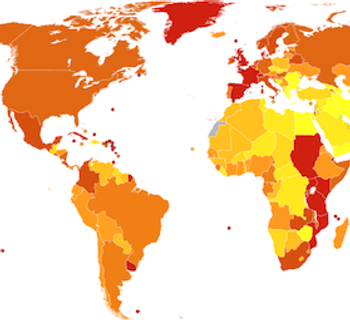
Why the United States might want to look abroad for ideas to improve training protocols.

Despite the hype, a new survey suggests most providers are still getting their feet in the digital doorway.

“Though enjoyment is one pathway to engagement, it is not the only one,” a new study concluded.